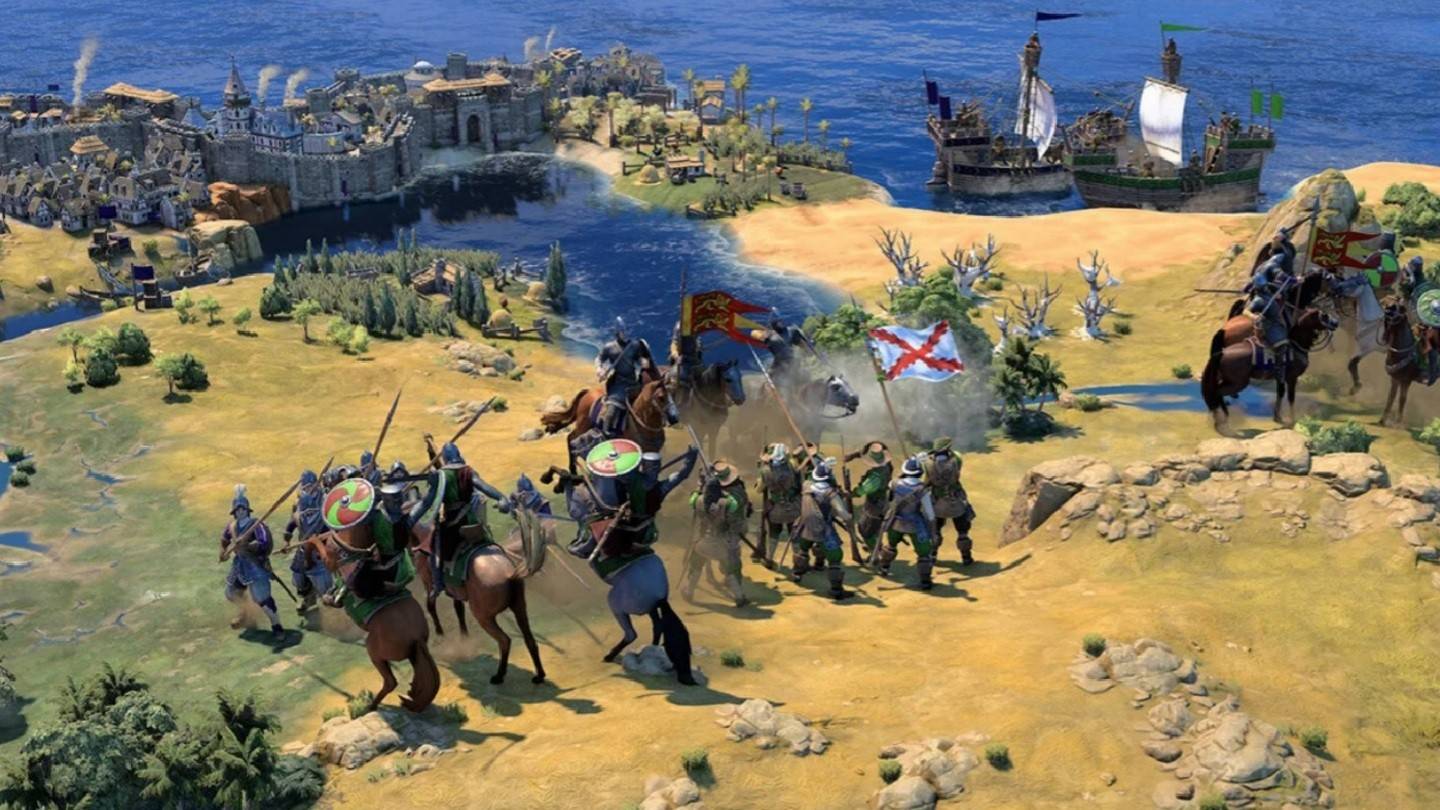
Sid Meier's Civilization VII stirred the gaming community with its bold changes unveiled during the initial gameplay demonstration. While early critiques focused on these significant shifts, the final previews from journalists suggest that these novelties will deeply resonate with strategy enthusiasts, ensuring a fulfilling experience.
The seventh installment revolutionizes traditional gameplay by integrating a plethora of new mechanics. A standout feature is the leader selection screen, which now includes a system rewarding frequent use of specific rulers with unique bonuses. Furthermore, the game introduces multiple eras such as Antiquity and Modernity, allowing for distinct and "isolated" gameplay within each period.
Key Highlights of Civilization VII:
- Innovative Mechanics: The game introduces numerous mechanics new to the series, enriching the gameplay experience.
- Leader and Civilization Dynamics: Players can now select leaders independently from civilizations, adding a layer of depth to strategic planning.
- Three Eras: Featuring Antiquity, Medieval, and Modern eras, transitioning between them feels like embarking on a new game each time.
- Flexible Civilization Direction: The ability to swiftly alter the course of civilization development enhances gameplay flexibility.
- Automated City Expansion: Gone are the days of managing laborers; cities now expand autonomously.
- Unique Leader Perks: Continued use of a leader unlocks special perks, adding a personalized touch to the strategy.
- Diplomacy as Currency: Influence points serve as a currency for forging treaties, alliances, and condemning other leaders, making diplomacy a pivotal aspect of the game.
- AI and Multiplayer: Despite advancements, the AI remains subpar, making co-op play a recommended choice for a more engaging experience.
Gamers and critics alike see Civilization VII as the most daring evolution of the classic formula, promising a fresh yet familiar strategy experience that won't disappoint fans of the genre.














